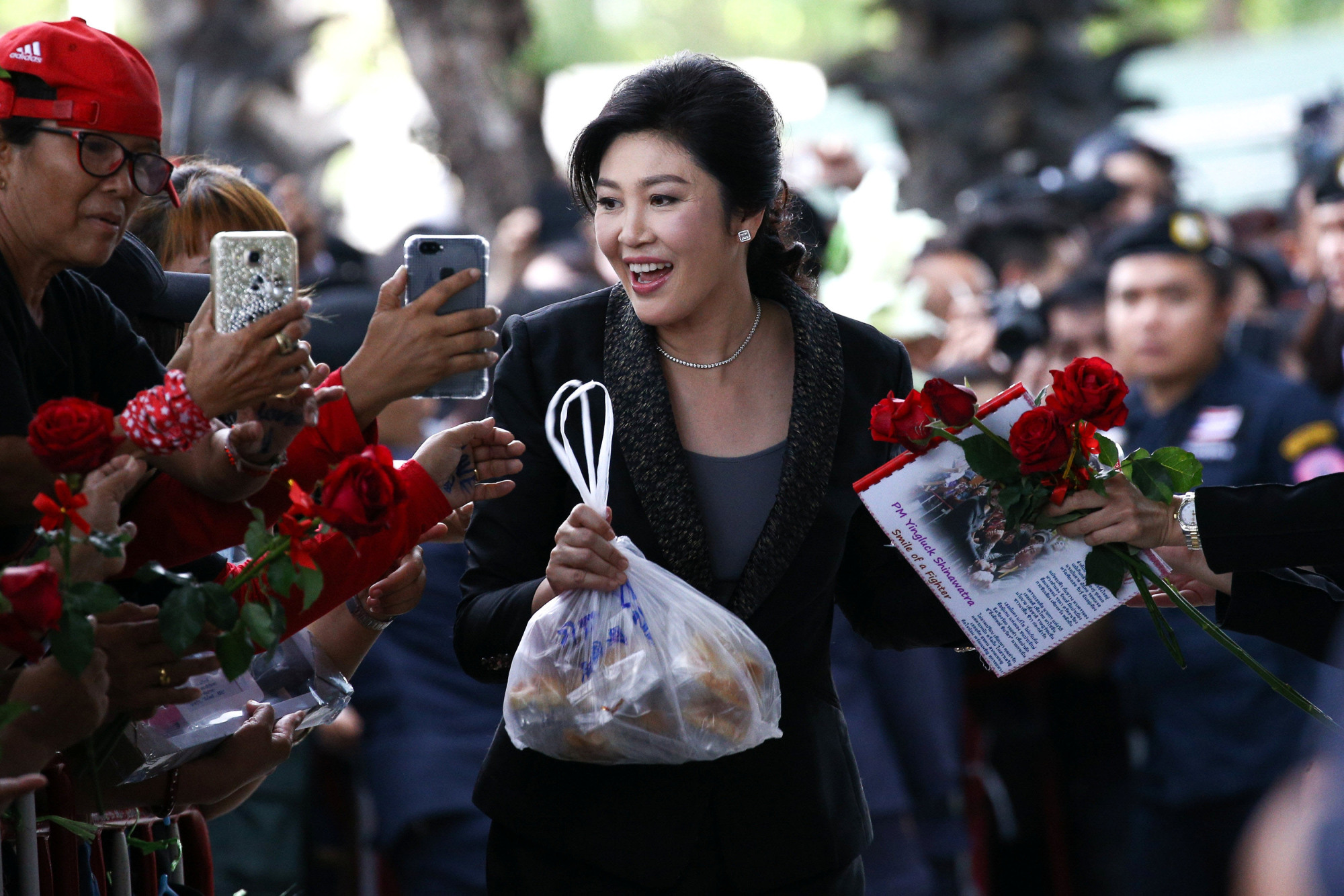Thailand's political temperature is rising following the heated court case of former Prime Minister Yingluck Shinawatra, who is accused of mismanaging Thailand's rice subsidy program. The Supreme Court will deliver the final verdict in the criminal case against the former premier on Aug. 25. Already, all sides of the political divide have employed a number of tactics in what is seen as an acrimonious political showdown at this critical royal transition.
Should Yingluck be found guilty of negligence over her role in the scheme, she could be imprisoned for up to 10 years. In the period leading up to the ruling, the Justice Ministry already froze some of Yingluck's bank accounts and confiscated some of her wealth to guarantee payment of a $1 billion fine imposed by the military government over her government's program.
Yingluck won a landslide victory in the 2011 election, riding on her party's populist platform inherited from the government of her brother, Thaksin, who had been in power from 2001 to 2006. Thaksin implemented policies designed to empower rural residents of the north and northeast regions. They subsequently served as strong power bases for Thaksin's party. Yingluck initiated the rice-pledging scheme, which resulted in purchasing rice from farmers at above-market rates, distorting global prices. This proved highly popular among her supporters in the rural provinces.



